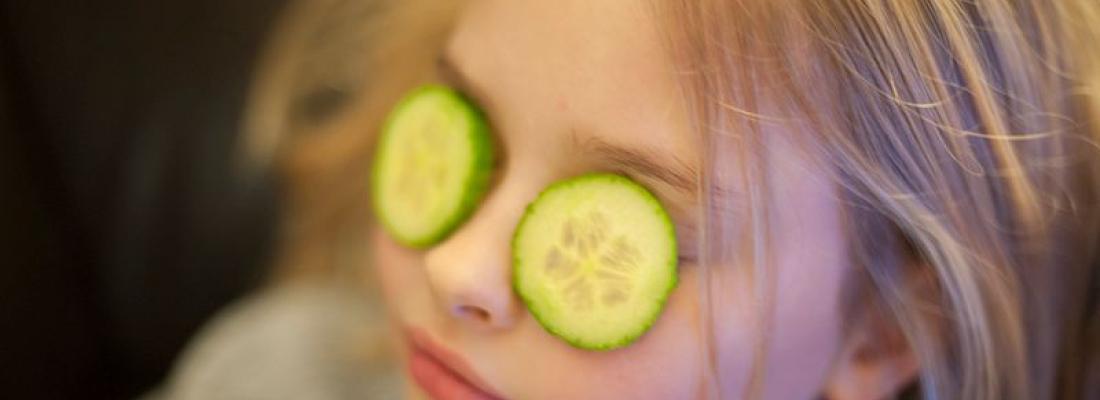Food, Global Health Reading time 10 min
Sophie Nicklaus: children’s eating habits
Published on 24 February 2020

What to eat? With whom and how? When we talk about food, we talk about nutrition, pleasure, socialisation, and the construction of an identity, all at the same time. Early childhood is a particularly fundamental period during which parents can teach their children to eat well.
Sophie Nicklaus is a researcher at the Centre for Taste and Feeding Behaviour (INRAE, CNRS, AgroSup Dijon, University of Burgundy - Franche-Comté) and the winner of the Danone International Prize for Alimentation (2018). Her research aims to encourage a healthy diet by associating healthy eating with pleasure from the very first years of life.
The following are some of her most notable results from various research topics:
- The importance of pleasure to foster healthy eating habits
- Introducing new textures in the baby’s diet, from 8 months old
- Allowing children to decide on the amount of food, trusting them when they show signs of satiation
- Making good and healthy food available to bigger children.
We need to empower parents and children to make healthy food choices throughout life. It is not enough simply to help children identify healthy foods and encourage them to eat them. We also need to take into account the other factors that significantly influence these food choices, concludes Sophie Nicklaus.
